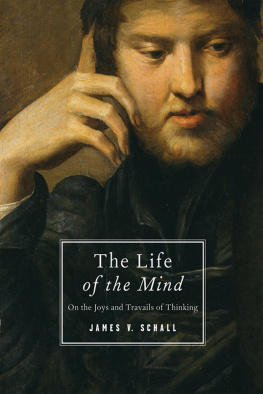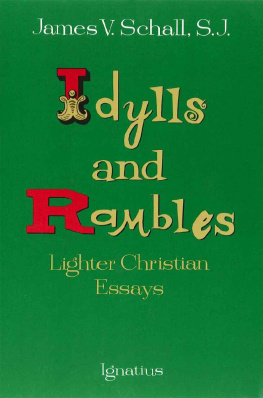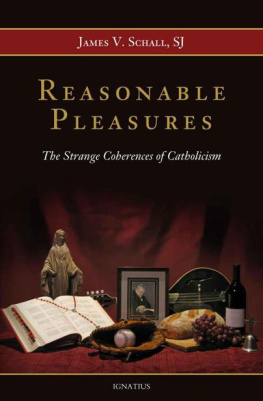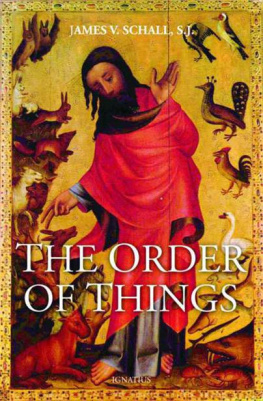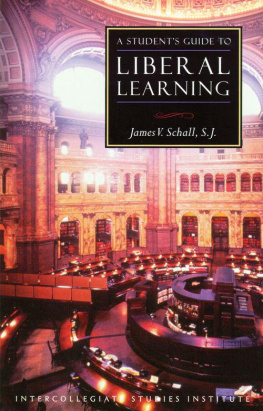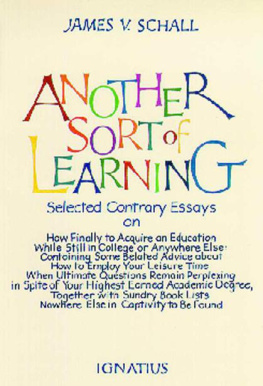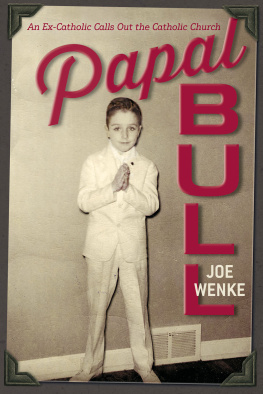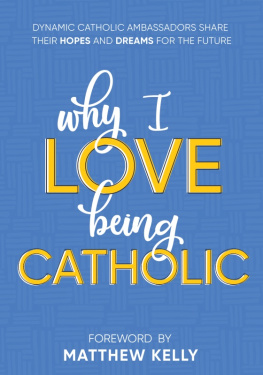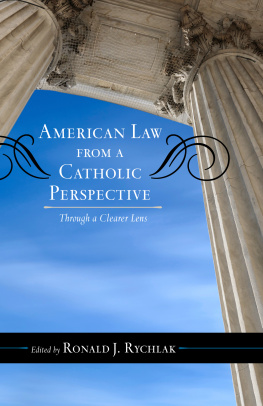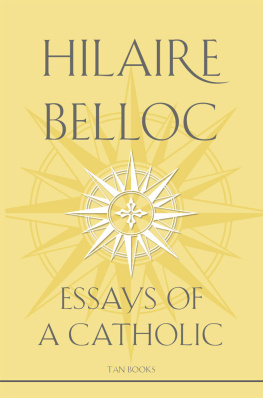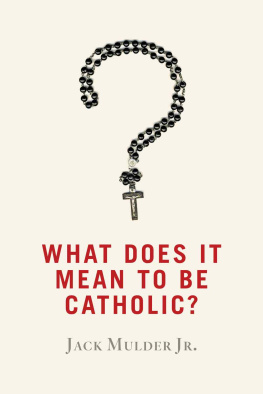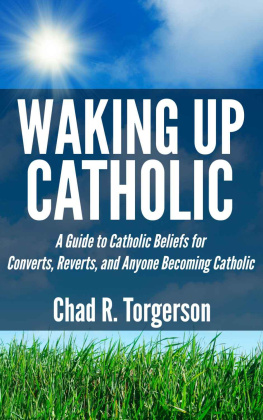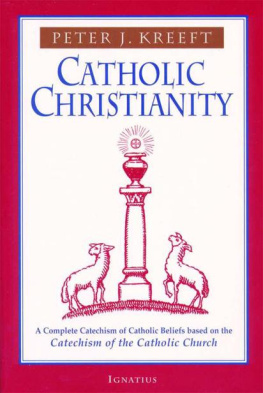James V. Schall - The Mind That Is Catholic: Philosophical & Political Essays
Here you can read online James V. Schall - The Mind That Is Catholic: Philosophical & Political Essays full text of the book (entire story) in english for free. Download pdf and epub, get meaning, cover and reviews about this ebook. year: 2008, publisher: Catholic University of America Press, genre: Religion. Description of the work, (preface) as well as reviews are available. Best literature library LitArk.com created for fans of good reading and offers a wide selection of genres:
Romance novel
Science fiction
Adventure
Detective
Science
History
Home and family
Prose
Art
Politics
Computer
Non-fiction
Religion
Business
Children
Humor
Choose a favorite category and find really read worthwhile books. Enjoy immersion in the world of imagination, feel the emotions of the characters or learn something new for yourself, make an fascinating discovery.

- Book:The Mind That Is Catholic: Philosophical & Political Essays
- Author:
- Publisher:Catholic University of America Press
- Genre:
- Year:2008
- Rating:3 / 5
- Favourites:Add to favourites
- Your mark:
The Mind That Is Catholic: Philosophical & Political Essays: summary, description and annotation
We offer to read an annotation, description, summary or preface (depends on what the author of the book "The Mind That Is Catholic: Philosophical & Political Essays" wrote himself). If you haven't found the necessary information about the book — write in the comments, we will try to find it.
The Catholic mind seeks to recognize a consistent and coherent relation between the solid things of reason and the definite facts of revelation. Its thought aims to understand how they belong together in a fruitful manner, each profiting from the other; each being what it is. The Catholic mind is not a confusion of disparate sources. It respects and makes distinctions. It sees where things separate. It is in fact delighted by what is.
This delightful book is not polemical, but contemplative in mood. Schall shares with readers a mind that is constantly struck by how things fit together when seen in full light. He brings to his work a lifetime of study in political philosophy, a wide-ranging discipline that, in many ways, is the most immediate context in which reason and revelation meet.The Mind That Is Catholicrespects what can be known by faith alone. But it also considers what is known by faith to be itself intelligible to a mind actively thinking on political and philosophical things. The whole, at the risk of its own contradiction, does not exclude the intelligibility of what is revealed.
Father James V. Schall is one of the few renaissance men still among us. His knowledge of various areas of reality and human endeavor is encyclopedic. Dealing with important abstract ideas, he is able to put flesh on them so that the ordinary reader can grasp easily what he is getting at. Schall is the apostle of truth and reality, since he is always reminding the reader to consult that which is.--Kenneth Baker, S.J., Editor,Homiletic & Pastoral Review
James V. Schall is professor of political philosophy at Georgetown University. He is the author of hundreds of essays on political, theological, literary, and philosophical issues and numerous books includingSchall on Chesterton: Timely Essays on Timeless Paradoxes, At the Limits of Political Philosophy: From Brilliant Errors to Things of Uncommon Importance, On the Unseriousness of Human Affairs,andAnother Sort of Learning.
PRAISE FOR THE BOOK:
In each essay, he exemplifies the Catholic mind at its best--seeing the whole, leaving nothing out. . . . He brings to his work a lifetime of study in political philosophy, a wide-ranging discipline that, in many ways, is the most immediate context in which reason and revelation meet. --National Jesuit News
While sudoku might keep your mind limber and fit, Fr. James V. SchallsThe Mind That Is Catholic: Philosophical and Political Essayswill challenge you to a higher level. . . . Fr. Schall covers a myriad of timely topics. . . . In a world of instant messaging and immediate gratificationThe Mind That Is Catholiccalls us to a greater understanding of what matters most. -- Elizabeth Yank,Lay Witness
The Mind That Is Catholic, is a learned, insightful and stimulating collection. . . . [Schall] does a fine job of showing how faith and reason, when working together, deepen and illuminate our understanding of reality, not least political reality. . . .The Mind That Is Catholicwill be of interest to scholars, graduate and undergraduate students, and to the intellectually adventurous general reader. -- William Gould,America
For decades Fr. Schall has enlightened and entertained readers as one of Americas most prolific Catholic authors. Now an octogenarian
James V. Schall: author's other books
Who wrote The Mind That Is Catholic: Philosophical & Political Essays? Find out the surname, the name of the author of the book and a list of all author's works by series.

